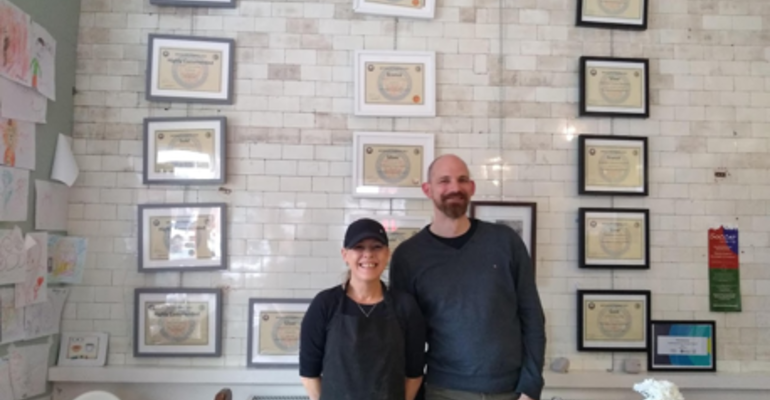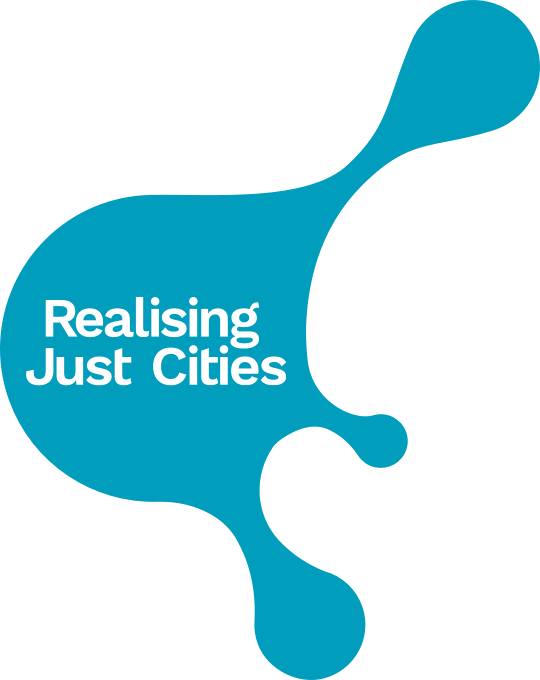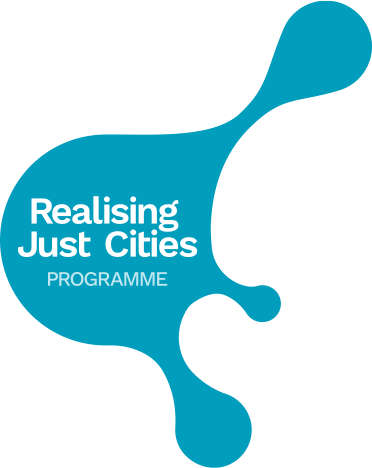Towards sustainable food: three inspirational projects in Liverpool

Our second guest post by Rene Meijer, Action Research Team member of SAFE, a project aiming to convene spaces for exchanging knowledge and amplifying work towards more urban food systems.
On Thursday October 10th we made a visit to Liverpool to learn about three very different projects working on sustainable food in the city. Transitioning towards a more sustainable urban food system is complex, with no single solution, so it was great to see these approaches tackling different aspects of this challenge.
Bringing fresh food to inner cities:
Farm Urban
Our first visit was to Farm Urban. These former university researchers have spun out to develop a replicable and financially sustainable model for urban food production. It’s not exactly the romantic vision of a cottage farm that usually comes to mind when we think about sustainable food. But high tech farming tries to address some important real challenges around our food system. With a land requirement 1/60th of that of normal horticulture, these vertical growing aqua- and aeroponics solutions might be able provide access to fresh and affordable produce where space is at a premium, without further degrading our soil and with almost no food miles.
Alongside the commercial solutions Urban Farm is also developing cheap DIY kits using IKEA recycling bins that can be built and used cheaply and easily, for instance for educational uses in a school. The aquaponics setup is fantastic to see how plants grow and develop from root to tip. It’s a marvelous and engaging science experiment, which can be eaten afterwards!
Of course Sheffield has a history with aquaponics. THe University of Sheffield has run an aquaponics setup for several years, which has now been transferred to Heeley City Farm. The University has a variety of facilities for experimenting with food production, and some recent projects include hydroponics at a former school in Tinsley. The challenge, as often with these things, is how to translate something that technically works, to something that is practical and scalable. We’ll be watching with interest to see if Farm Urban can crack that puzzle.
Building a local food economy and community: Homebaked Anfield
Anfield sits in the shadow of the big football stadium. A decade ago it was destined to be demolished. An art group set up in a former bakery and started work with the community and from that came a bakery and a land trust. The bakery focuses on adding value locally and (re-)building the Anfield community. It employs mainly people from the community, many of whom have learned to bake onsite, starting as volunteers. Homebaked also buys locally; not just ingredients, but the cleaning materials etc. are all locally sourced. Aside from the fantastic example of food citizenship, they also make the most fantastic pies (as the impressive award wall will tell you). Sitting in the bakery cafe and soaking up the atmosphere, Homebaked felt like a very special demonstration of what is means to value community and prioritise a local food economy. Regular staff, volunteers and customers exchanged stories. The space was bustling and alive. If we want to change people’s behaviours around food, giving them something they relate to and care about is one very powerful way of doing that.
Sheffield is a perfect city for this. It has a strong sense of community, and individual food businesses, like Henderson’s Relish and Our Cow Molly, have already tapped into that civic pride and loyalty very successfully. I wonder if there is a role for ShefFood (Sheffield's food partnership) to facilitate more of this across the city. A Sustainable Food Cities bronze award, to which the city is aspiring, includes criteria around a healthy local food economy, and there is already a great deal to celebrate.
Using skills to upcycle waste and surplus: The Alchemic Kitchen
The Alchemic Kitchen is a new project by Feedback. It is looking to develop financially viable products which are made from surplus. Their ambition is to develop high quality food from ingredients that are often considered not to be. Aside from regular leftover ingredients, this also includes investigating options to incorporate waste such as coffee grounds or spent grains from brewing into tasty food. The actual kitchen is to be set up in an old refurbished container, which had only just arrived the day before our visit.
In a similar vein to Homebaked, the Alchemic Kitchen aims to provide work and skills development opportunities to those that are considered furthest from the job market. Founder Lucy recalls taking a group of ex-army soldiers to pick fallen apples from a local orchard, and teaching them how to make chutneys in her small home kitchen.
We loved how Alchemic Kitchen made using surplus inspirational and tasty, rather than a chore. It is something that has always been important to us at Food Works, to show how exciting Food is, rather than force people to eat the mediocre leftovers. For us the Alchemic Kitchen model is something we’d like to replicate in our new location. Aside from the opportunity to get more out of the food we work with, it is also a great solution for working with larger volumes of food and more challenging ingredients in a way that is financially sustainable, and tasty. Keep your eyes peeled for some delicious surplus sauces in 2020!




